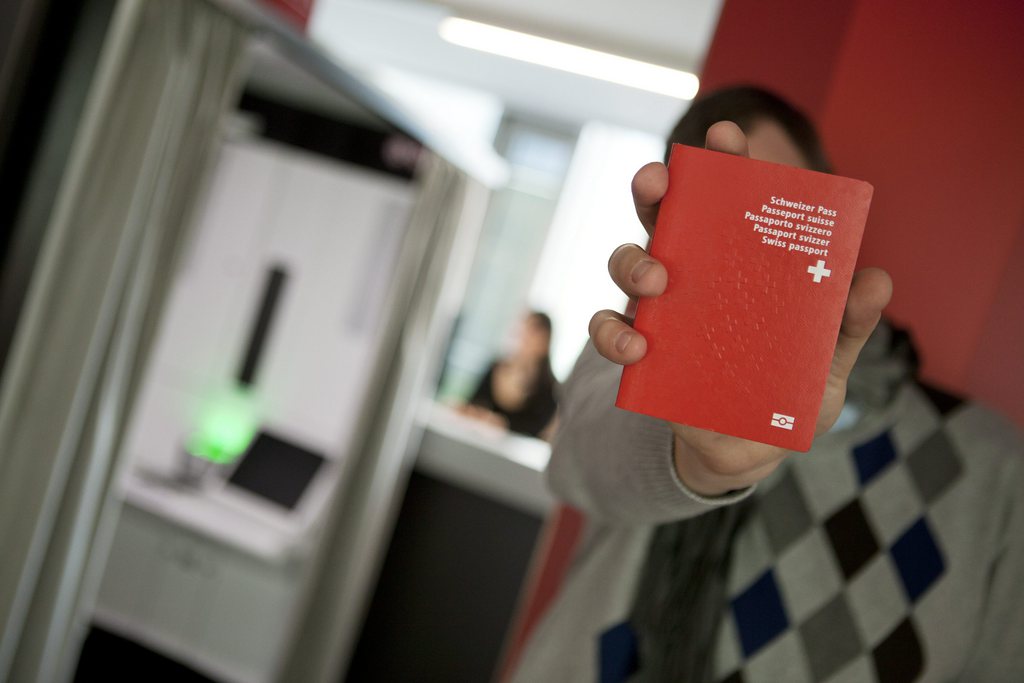
Tighter rules slow down bids for citizenship

The number of requests for Swiss citizenship has dropped for the third consecutive year, which the Federal Migration Office says is the result of tighter regulations introduced in several cantons.
A total of just over 26,100 applications were filed in 2011, down from 26,554 in the previous year. The authorities say the decrease affects mainly standard applications, while requests for fast-track naturalisation procedure – often used by spouses of a Swiss national – were less affected.
“This was mainly caused by the fact that several cantons raised their integration
requirements, for instance mandatory language courses,” the office says in its annual report published on Friday.
The latest figures compare with the record 34,965 applications for Swiss citizenship in 2008.
The number of applications jumped around the turn of the millennium to reach an initial peak in 2004 with more than 32,000 requests.
As a rule applicants for a Swiss passport must have lived at least 12 years in the country. Naturalisation proceeds in three stages with the federal, cantonal and local authorities all having a say in a process which observers say can become both lengthy and costly.
Green light
The federal authorities say at total of 37,893 people were given the green light for their acquisition of Swiss nationality in 2011, down six per cent on the previous year.
People from Serbia top of the list with 4,353 granted citizenship, ahead of Italians with 4,255, and Germans with 3,686.
To become Swiss, there are basically three paths: through birth, marriage (not automatic) or naturalisation. Unlike in the United States, Switzerland does not grant a child citizenship for being born on Swiss soil. A person is automatically Swiss if he or she is the child of married parents, at least one of whom is Swiss.
Switzerland allows citizens to hold multiple nationalities, so whether a naturalised person loses their first citizenship depends entirely upon the other country in question.
Arab Spring
The report also highlights the activities of the office on asylum issues.
“The revolutions in North Africa have set numerous political and economic refugees flows in motion,” says director Mario Gattiker in the report.
He says many of them have been forced by European states to return to their home countries, while others were granted asylum.
The report say nearly 2,771 people last year received financial aid from Switzerland to return voluntarily.
Gattiker also points out that asylum seekers make up only a small percentage of immigrants in Switzerland, most of whom moved to Switzerland from European Union countries to pursue employment opportunities.

In compliance with the JTI standards
More: SWI swissinfo.ch certified by the Journalism Trust Initiative


























You can find an overview of ongoing debates with our journalists here . Please join us!
If you want to start a conversation about a topic raised in this article or want to report factual errors, email us at english@swissinfo.ch.